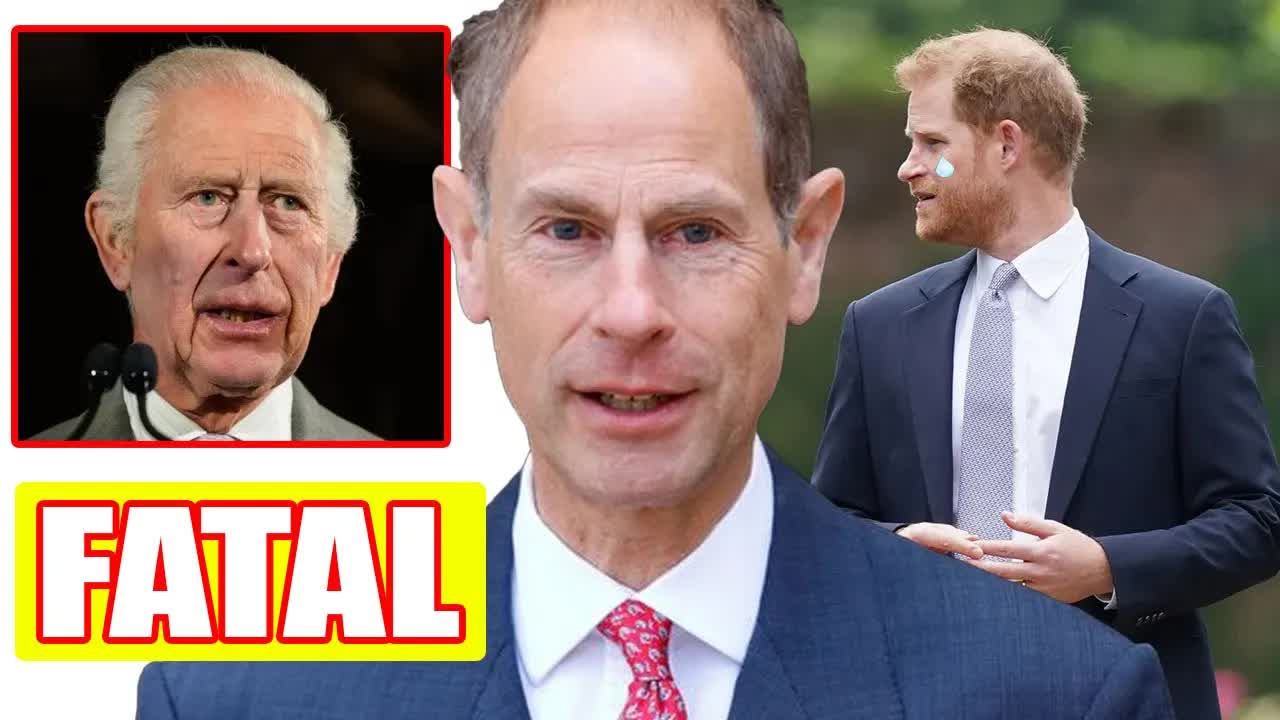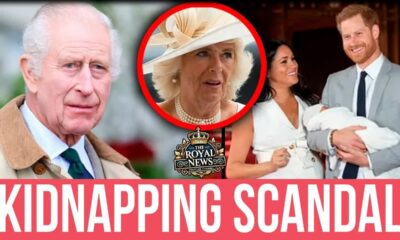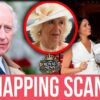Must Read
### King Charles III Reshapes Royal Council: A Bold Move Amidst Family Tensions
In a move that has stirred considerable discussion within royal circles, King Charles III has made significant changes to the councillors of state, the designated royals who step in when the monarch is unavailable.
This reshuffle notably excludes Prince Harry, highlighting the ongoing rift between him and the rest of the royal family.
The role of councillors of state is pivotal in the British monarchy.
These individuals, appointed under the Regency Acts, are tasked with carrying out essential duties, such as signing official documents and receiving new ambassadors' credentials, when the king or queen cannot fulfill these responsibilities due to various reasons, including illness or travel commitments.
Traditionally, the list of councillors comprises the monarch's spouse, the next four individuals in the line of succession over 21, and any other appointees the sovereign chooses.
Historically, this list has included prominent figures like the Prince of Wales, now King Charles III, along with the Duke of Cambridge, Duke of Sussex, Duke of York, and the Earl of Wessex.
However, following Prince Harry's decision to step back from royal duties and relocate to the United States, King Charles has opted to reconfigure this council.
This alteration is widely seen as a symbolic distancing from the Duke of Sussex.
In place of Prince Harry, the King has appointed Prince Edward and Princess Anne as councillors of state.
This decision aligns with the royal family's efforts to project a cohesive public image, focusing on members actively engaged in royal duties.
As the next eligible royals based in the UK, Edward and Anne are viewed as more fitting representatives for these responsibilities.
The implications of this change extend beyond mere administrative adjustments.
It sends a clear message about Prince Harry's evolving role within the royal institution, firmly indicating that his status as a senior working royal belongs to the past.
By excluding him from this critical position, the palace emphasizes its commitment to a disciplined line of succession, prioritizing those who are present and involved in the monarchy's daily operations.
As with many royal decisions, this move has ignited a spectrum of public reactions.
Some observers commend King Charles for taking necessary steps to uphold the integrity of the monarchy, while others express concern over the further estrangement of Prince Harry from both his family and the institution he once represented.
Supporters of the King's decision argue that it is a pragmatic approach given Prince Harry's physical and emotional distance from the UK.
They believe that having councillors who are actively engaged in royal duties is vital for the monarchy's smooth operation.
Conversely, critics perceive this exclusion as a blatant snub, a calculated effort to diminish Harry's standing within the royal framework.
Regardless of differing opinions, it's evident that King Charles's reshaping of the councillors of state marks a notable shift in the dynamics of the British monarchy.
This strategic decision will likely have lasting repercussions for both the royal family and public perception as they navigate this period of transformation.
As the ramifications of this decision unfold, one thing is clear: the British monarchy is adapting to contemporary challenges and shifting leadership priorities.
With King Charles steering the ship, he is prepared to make bold choices to ensure the stability of the crown, even if it risks straining familial ties further.
Only time will reveal the full impact of this latest development in the royal narrative.
The British public and a global audience keenly observe how the House of Windsor manages this new chapter in its illustrious history, eager to see what lies ahead for the monarchy.




































